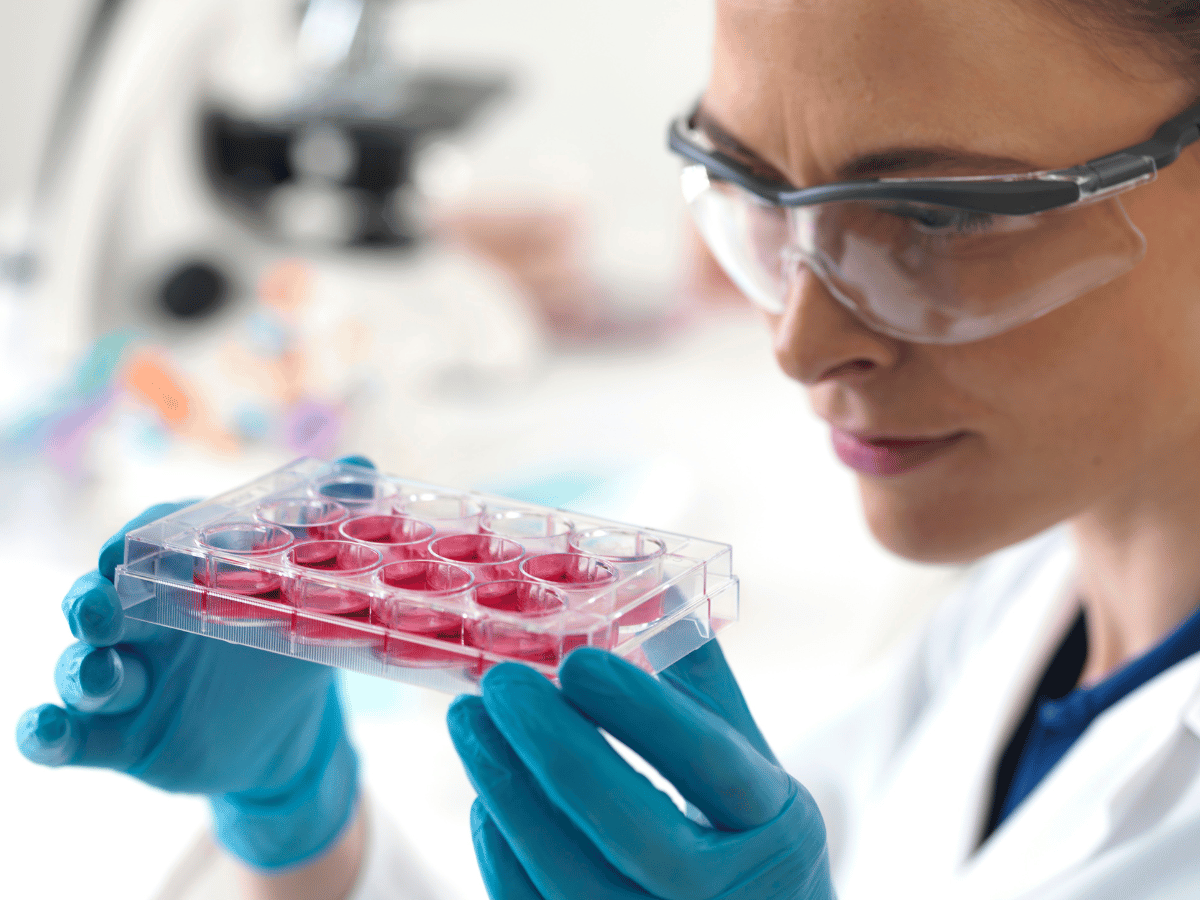
Modern medicine is witnessing a transformation, and at the heart of it lies stem cell therapy, a cutting-edge treatment with the potential to regenerate tissues, repair damaged organs, and even treat diseases once considered incurable. But what exactly is stem cell therapy, and how does it work?
Stem cell therapy is a form of regenerative medicine that uses stem cells to restore damaged tissues and treat diseases. Stem cells are unique because they have the ability to self-renew and transform into specialized cell types, such as muscle cells, nerve cells, or blood cells. These capabilities make them invaluable in repairing injuries, addressing chronic illnesses, and even reversing degenerative conditions.
Stem cells can be categorized into different types based on their origin and function:
Stem cell therapy has shown immense promise in treating various conditions, including:
Doctors assess the patient’s health condition, medical history, and suitability for stem cell therapy.
Stem cells can be harvested from the bone marrow, fat tissue, umbilical cord blood, or artificially induced (iPSCs).
The extracted stem cells undergo purification, expansion, or modification in a laboratory.
Stem cells are injected locally (into joints or muscles) or infused intravenously based on the condition being treated.
Patients are closely monitored for adverse reactions and improvement in symptoms.
The field of stem cell research is expanding rapidly. Some of the most promising developments include:
When selecting a clinic, consider:
Most countries, including the U.S., UK, and EU nations, regulate stem cell therapies through bodies like the FDA and ISSCR. It’s crucial to ensure treatments comply with international safety standards before considering them.
Stem cells are unspecialized cells capable of self-renewal and differentiation into various cell types. They help regenerate damaged tissues.
Regulated stem cell therapies are generally safe. However, unapproved treatments may pose risks like rejection or infection.
Prices vary widely, from $5,000 to $50,000, depending on the procedure and clinic.
Stem cell therapy assists neurological, autoimmune, orthopedic, cardiovascular, and blood disorders.
It depends on the condition, some patients see improvements in weeks, while others may take months or longer.
Your well-being is our top priority. Reach out today to discover how our dedicated team can support your health journey.
Have questions or want to learn more? Use the form below to get started!
Connect with South Florida’s trusted multispecialty care team and take control of your health with compassion and convenience.
©2025 South Florida Multispecialty Medical Group. All Rights Reserved.